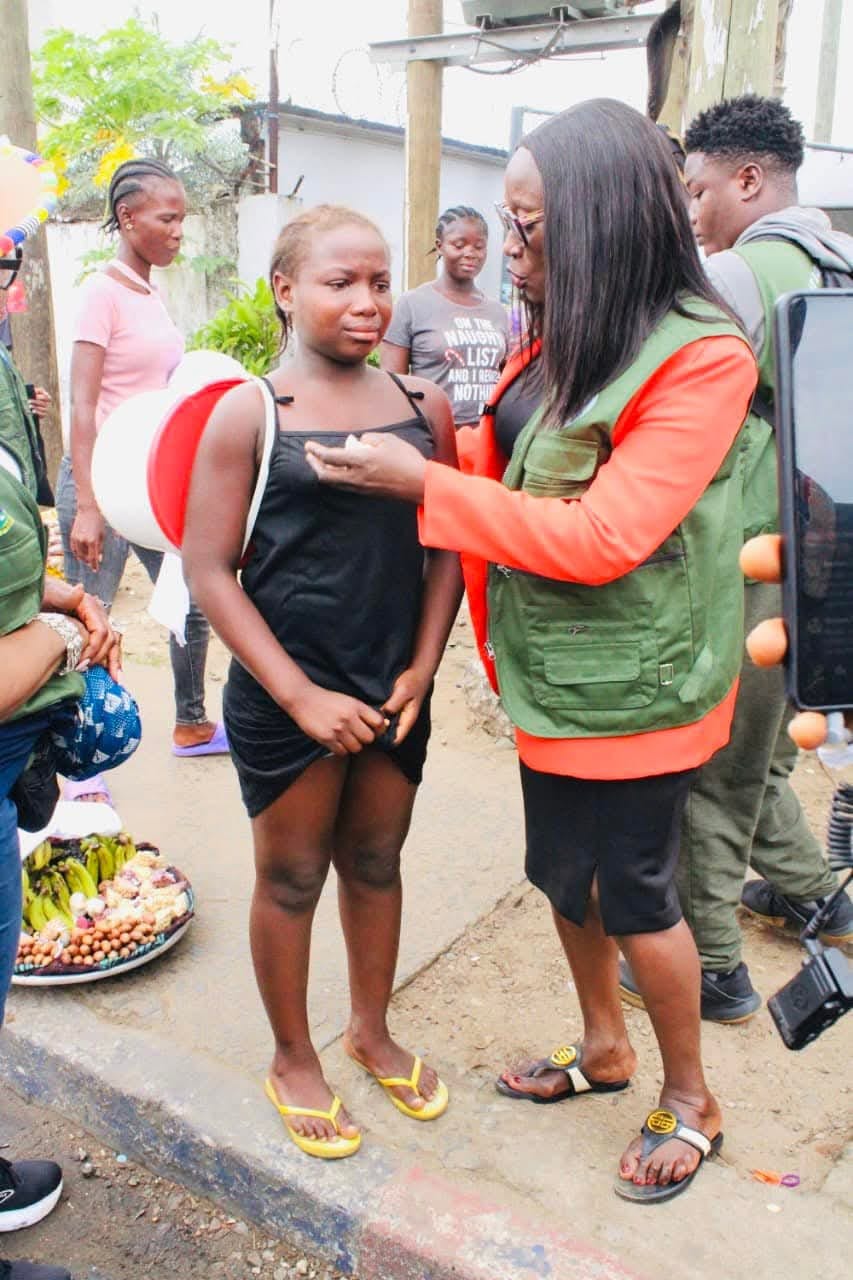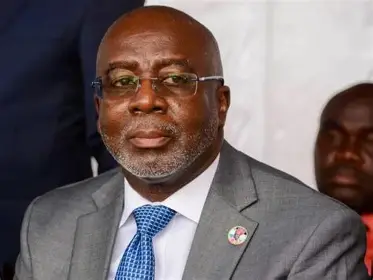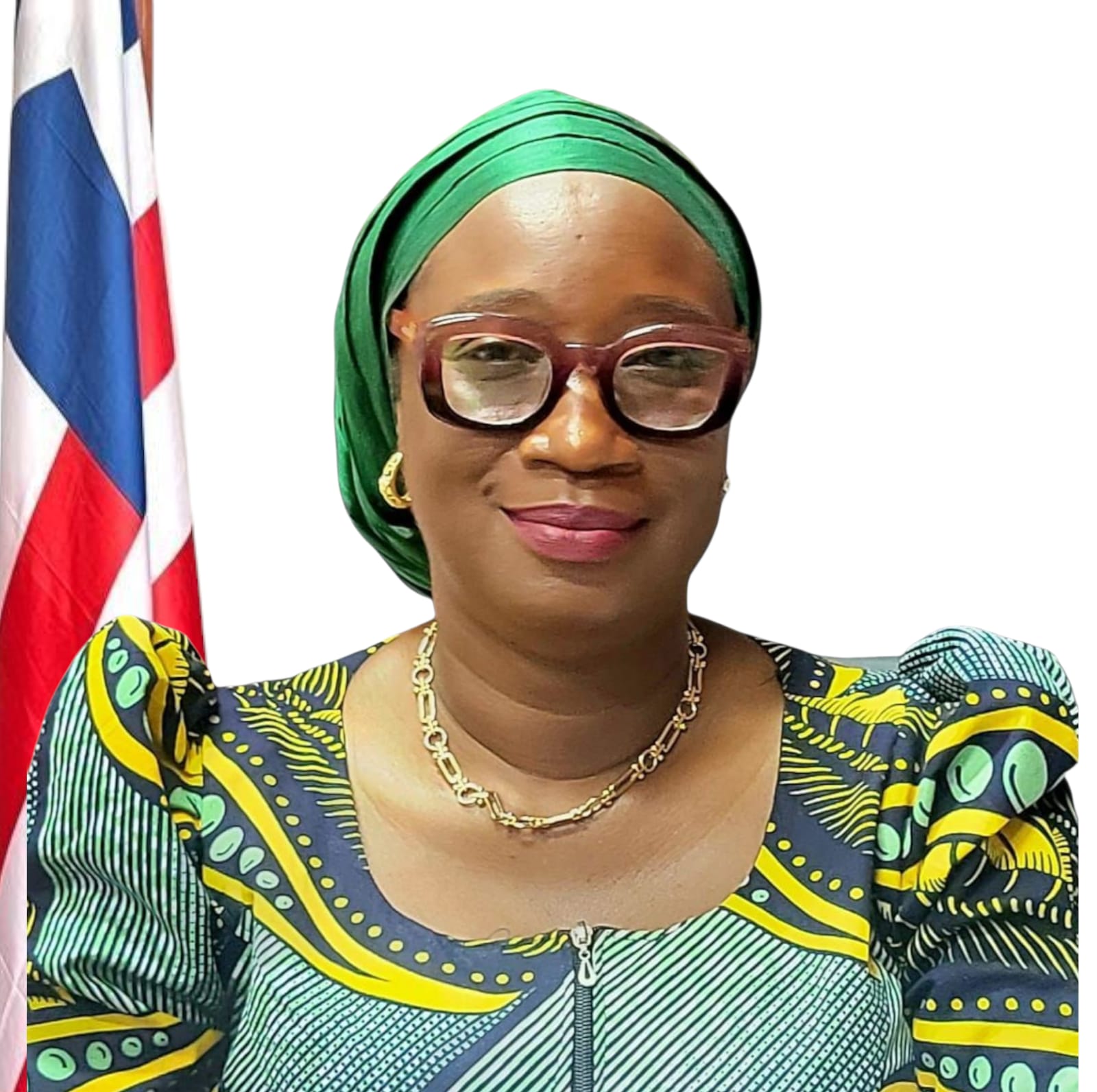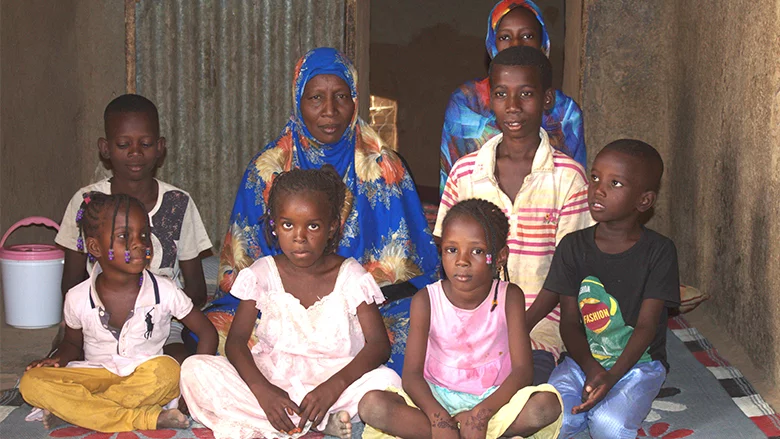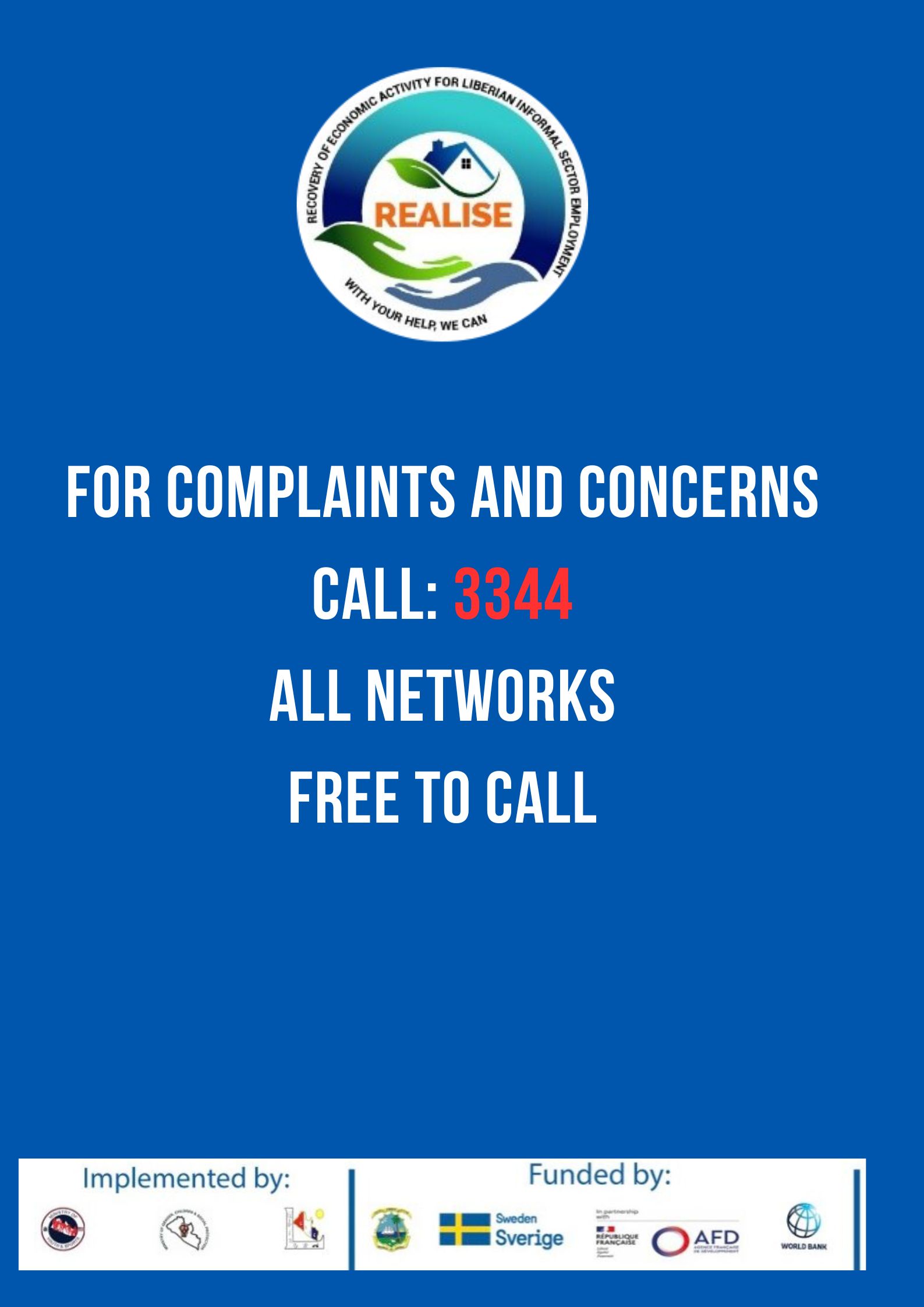In the heart of West Africa, Liberia is undergoing a quiet but powerful transformation— with focus on the lives of women, children, and the most vulnerable. At the helm of this transformation is the Ministry of Gender, Children and Social Protection (MGCSP), a government’s institution steadfast in its mission to promote gender equality, protect children’s rights, and strengthen social welfare systems across the country.
Many efforts have been made in different speres to promote the work of the Ministry since its establishment in 2001 by an Act of the National Legislature. The MGCSP’s mandate includes promoting the development, empowerment, and protection of women, girls, and children, as well as the welfare and integration of persons with disabilities and other vulnerable groups.
Visioning a brighter future
In February 2024, a new dawn emerged at the Ministry of Gender, Children, and Social Protection. The incoming leadership brought with it a fresh mindset, introducing innovative approaches to advance gender equality, promote children’s rights, and uplift vulnerable populations. Placing the welfare of street children at the forefront of its agenda while addressing other pressing issues.
THE STREET CHILD PROJECT – Save a Child, secure the future:
In 2022, joint research conducted by the Government of Liberia and UNICEF published a report that raised alarms with staggering figures on the number of children living on the streets of Liberia without direct parental care. Addressing this growing crisis seemed almost impossible for any government official leading the Ministry, particularly given the severe limitations in available resources. But the government under the leadership of President Joseph Boakai, seems determined to address this problem. In August 2024, launched the Street Child Project with the intention of removing children from the streets—children who had been left to fend for themselves.
Progress
Nearly one year into its ongoing initiative, the Ministry of Gender, Children and Social Protection, despite the challenges, is reporting significant progress in addressing the plight of children in street situations. To date, the Ministry has successfully removed, Family Traced, & Reunified 5,479 Children, of which 1,405 of them are currently enrolled in 19 public schools and 28 private schools across Montserrado County, ensuring access to formal education and critical support services. The Report also revealed that one of the underlining causes of children been in the streets is poverty. Most parents, especially mothers can not afford to care for their children, allowing the children to become bread winners alongside their struggling mothers. To address this, the Government, through the Ministry of Gender, Children and Social Protection has embarked on economic empowerment interventions (Small Business Grants) to support 1685 caregivers with 150 of of them currently enrolled into TVET Programs for livelihood skills. Also, 395 of the total number of caregivers have already received the grant support for small businesses, while 1290 of them are being processed to receive grants. In addition to the 5,479 children documented and Reunified, 128 children attached to 49 caregivers have separately been Enrolled into family strengthening & Livelihood progams for five years based on special terms.
This data is a crucial step in designing sustainable interventions tailored to the needs of both children and their families.
Looking ahead, the Ministry has set ambitious targets for the next 18 months. It aims to directly remove 7,500 children from the streets and provide them with safe care and educational opportunities. This will be achieved through a combination of outreach, community engagements, and support programs across Montserrado County.
These efforts underscore the Government’s commitment to safeguarding vulnerable children and advancing long-term social protection measures throughout Liberia.
Tackling Gender Based Violence and abuse:
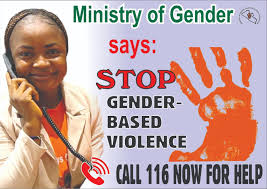
Gender-Based Violence (GBV) remains a pervasive and deeply entrenched issue in Liberia, stemming from a complex interplay of historical, social, and cultural factors. Despite notable progress toward gender equality in the years following the end of Liberia’s devastating civil conflicts (1989–2003), GBV—especially violence directed at women and girls—continues to pose a significant threat to human rights and national development. The impact of war, which normalized violence and disrupted traditional social structures, has contributed to an environment where acts of sexual and gender-based violence are often underreported, inadequately addressed, and, in many cases, met with impunity. While the government and various civil society organizations have implemented policies and programs aimed at prevention and support for survivors, systemic barriers—including limited access to justice, entrenched patriarchal norms, and widespread poverty—continue to hinder meaningful progress in eradicating GBV in Liberia.
Current Situation
As part of strengthening the system to repond to Gender Based Violence cases, and to effectively provide survivors with knowledge on how to access the referral pathway, launched the 116 GBV Call Center situated at the Ministry of Gender, Children and Social Protection. In the first quarter of 2025, the Ministry received 166 calls from 13 counties. Of these, 39% were related to gender-based violence, while 61% were non-GBV cases.
Strengthening Liberia’s Social Protection System:
The Government of Liberia, through the Ministry of Gender, Children and Social Protection (MGCSP), has made significant strides in strengthening Liberia’s national social protection system. A major achievement is the operationalization of the Liberia Household Social Registry (LHSR)—a digital platform designed to enhance coordination of social protection programs. In addition, the Ministry is leading a comprehensive update of the National Social Protection Policy, aimed at making the policy framework more inclusive, adaptive, and responsive to current socio-economic realities. These efforts reflect the government’s commitment to institutionalizing a robust and coordinated social protection system that prioritizes the most vulnerable.
Unconditional Cash Transfers
A key component to strengthening Social Protection is the implementation of Social Cash Transfers (SCT) across four counties—Grand Bassa, Grand Kru, River Gee, and Rivercess, where the most vulnerable and food insecure are targeted. As of May 2025, a total of 9,996 beneficiary households have been enrolled in the SCT program of the targeted 16,000, with 80.39% of the primary cash recipients being women.
To further promote gender equity and financial empowerment, couples from households have been enrolled in a joint financial planning intervention, receiving mobile phones to support inclusive decision-making and better household financial management. It is also the government’s policy to ensure that all beneficiaries of social protection programs receive national identification cards. These integrated efforts are transforming the way social assistance is delivered in Liberia, promoting dignity, inclusion, and resilience at the household level.

